Lecar's story reminds me of IBAP Democrata. You know how?

Lecar: The initial proposal is for a fully Brazilian factory, producing 100% domestic cars. Throughout the history of our automotive industry, we've seen this dream a few times: well-intentioned people working to create a genuinely Brazilian industry.
But it's worth remembering that the automotive industry has been accumulating experience in designing, building, and manufacturing vehicles around the world for about 150 years. Is it difficult to catch up? No, after all, the components needed to build a car are on the shelves of auto parts manufacturers worldwide.
+ Polo and Strada 'fight' for leadership; check out the 50 best-selling cars in July
If someone understands the automotive industry, they can indeed manufacture a high-quality, long-lasting, reliable, and aesthetically appealing domestic car, as design studios are spread across the globe. It's all a matter of knowing how to put the two together and create a decent vehicle. Lecar's goal is more or less this: to bring together the best the world has to offer and build a good car, like a high-tech Lego. They want to make a coupe and a pickup truck, both with the same mechanical foundation.
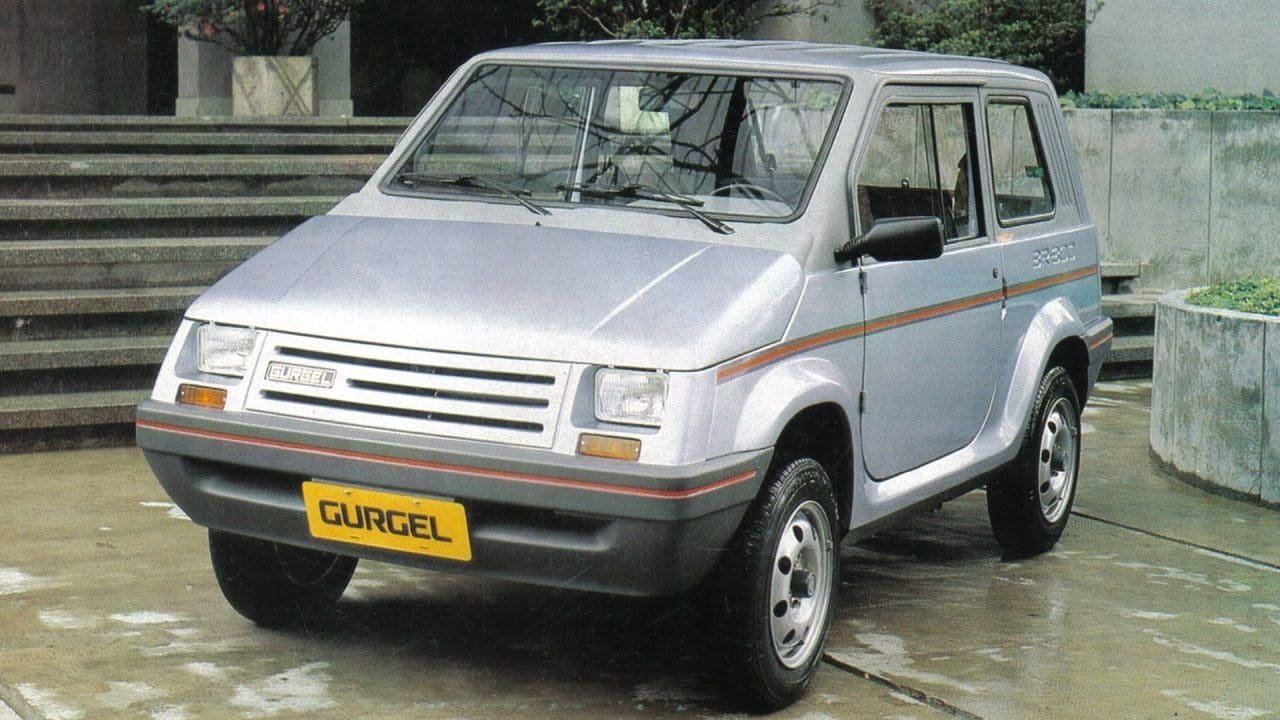
I just think promising car deliveries within a year is overly optimistic. Even the simplest cars require a lot of engineering and testing throughout this vast Brazil. What can we say, then, about these Lecars with hybrid powertrains, electric traction, generators, batteries, and the like? There's a lot of practical testing, a lot of trial and error, and a lot of experience involved.

But, as the saying goes, "a dog bitten by a snake is afraid of sausage." Here in Brazil, in the early 1960s, specifically in 1963, IBAP (Brazilian President Automobile Industry) had a proposal similar to Lecar's: to manufacture a 100% Brazilian car from a Brazilian factory. The car was the Democrata, a sedan with a rear-mounted V6 engine, a well-finished interior, a jacaranda wood dashboard, and leather-upholstered seats. A luxury!
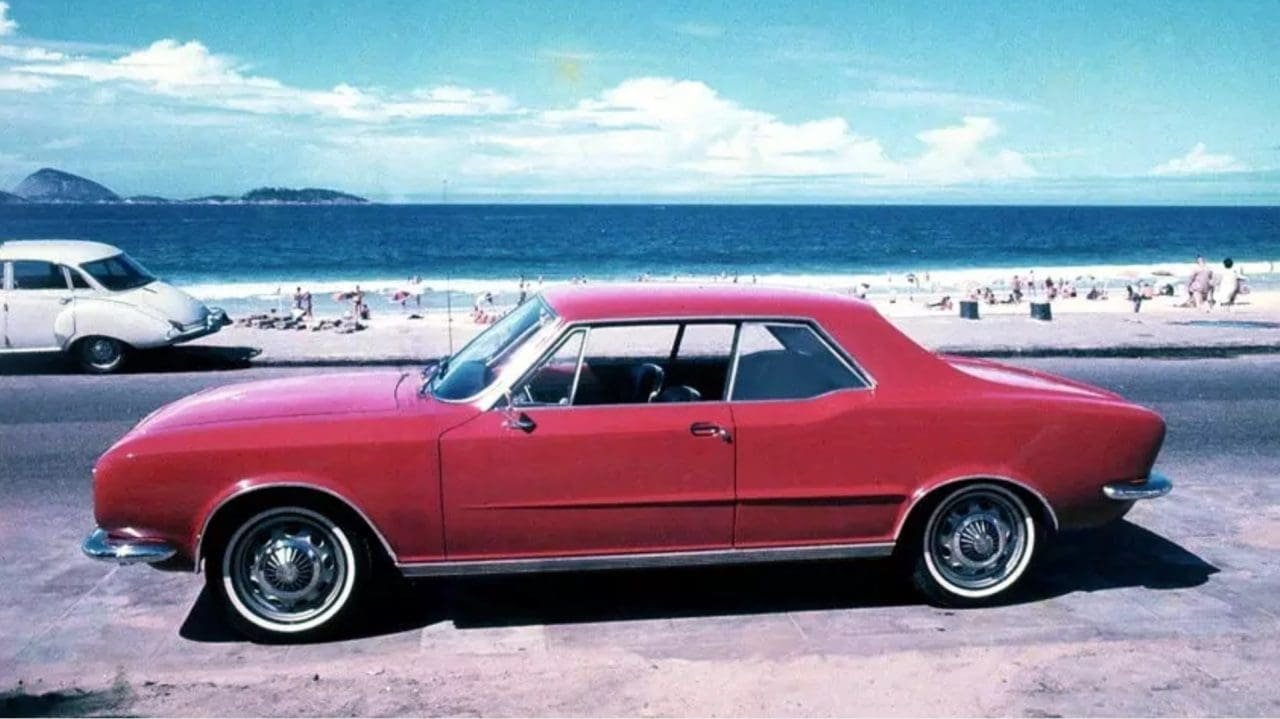
At the time, five working prototypes were presented, and large-scale production was to take place at a factory in São Bernardo do Campo, the birthplace of Brazil's automotive industry. A caravan toured major Brazilian capitals, showing the public what the Democrata would look like, and during this period, shares in this new Brazilian industry were sold.
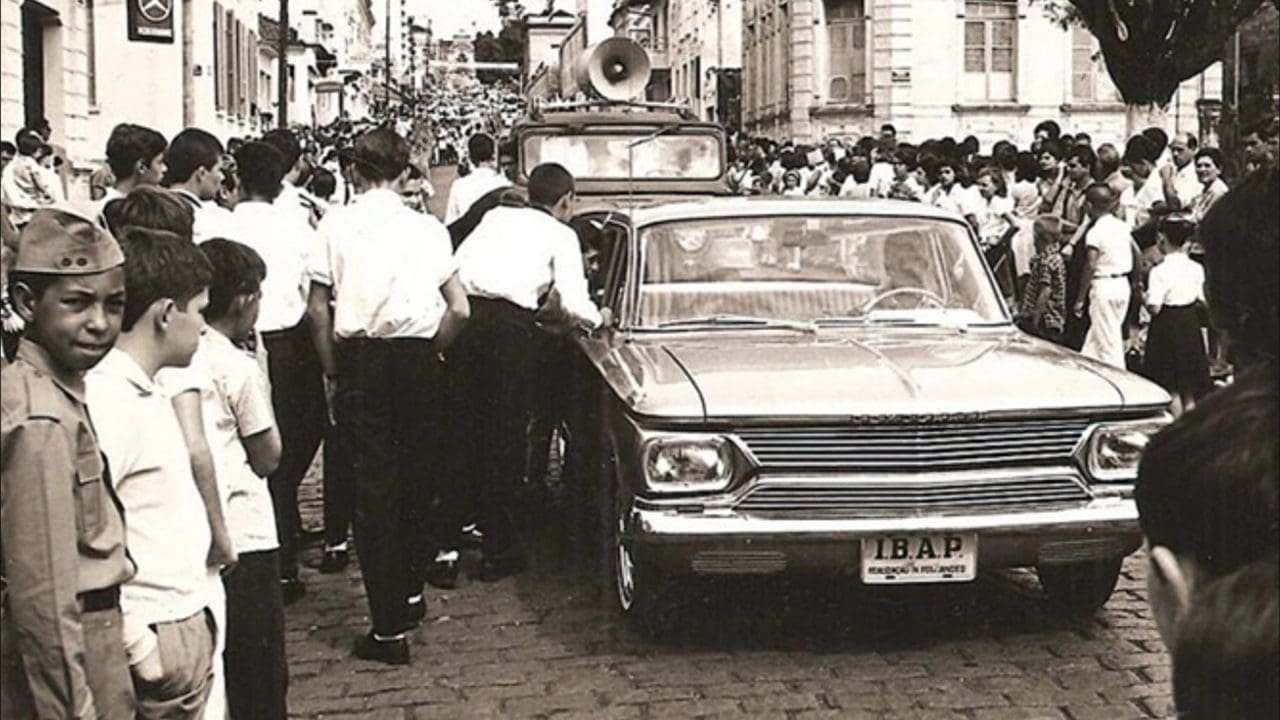
The fact is that a lot of money was raised, and no cars were manufactured. In 1968, the IBAP factory, which even had warehouses, was shut down and legally closed. Its former owners were sued to return the money to the deceived shareholders. A fraud that caused a scandal in the country in the 1960s.
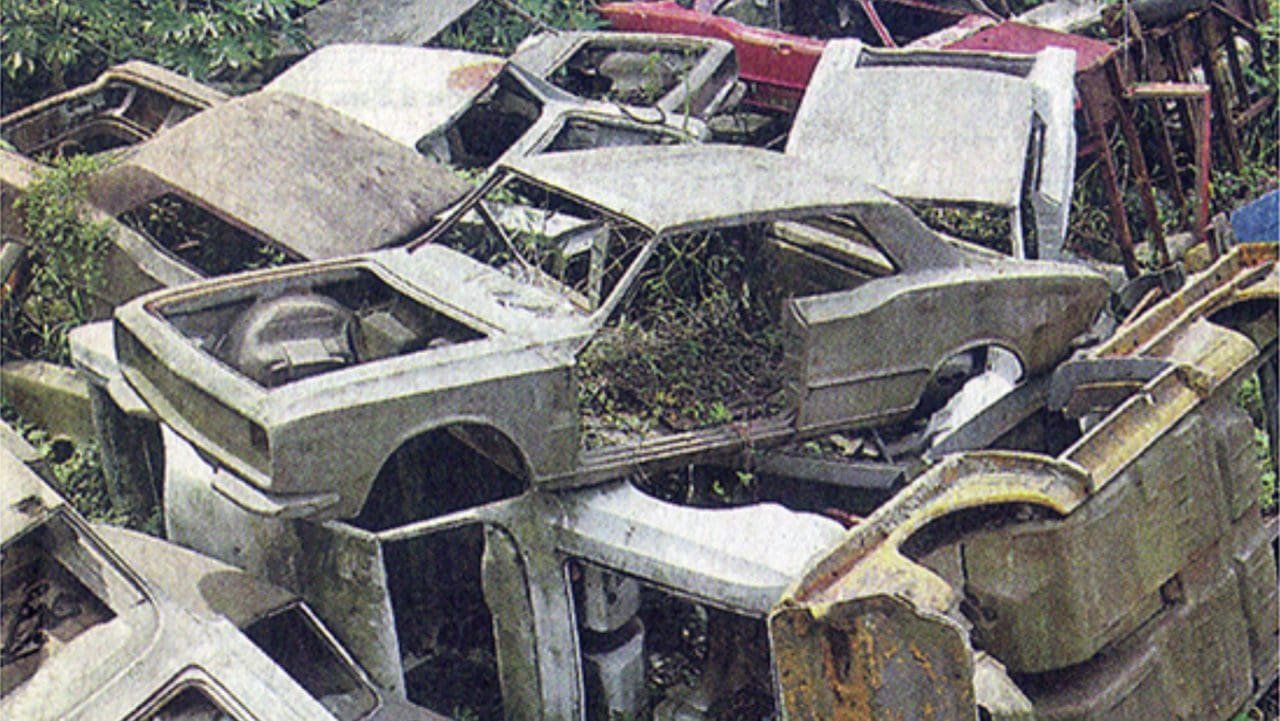
It's hard to invest in a company that produces nothing but dreams. Especially if it's not yours! But, of course, if there's a terrible example that happened 62 years ago, Lecar's story could be completely different. Even so, other attempts to produce 100% Brazilian cars have come to nothing. One of the biggest was Gurgel, which started producing cars, sold shares on the stock exchange, and many Brazilians bought them, but ultimately, it came to nothing. Only losses for those who believed.
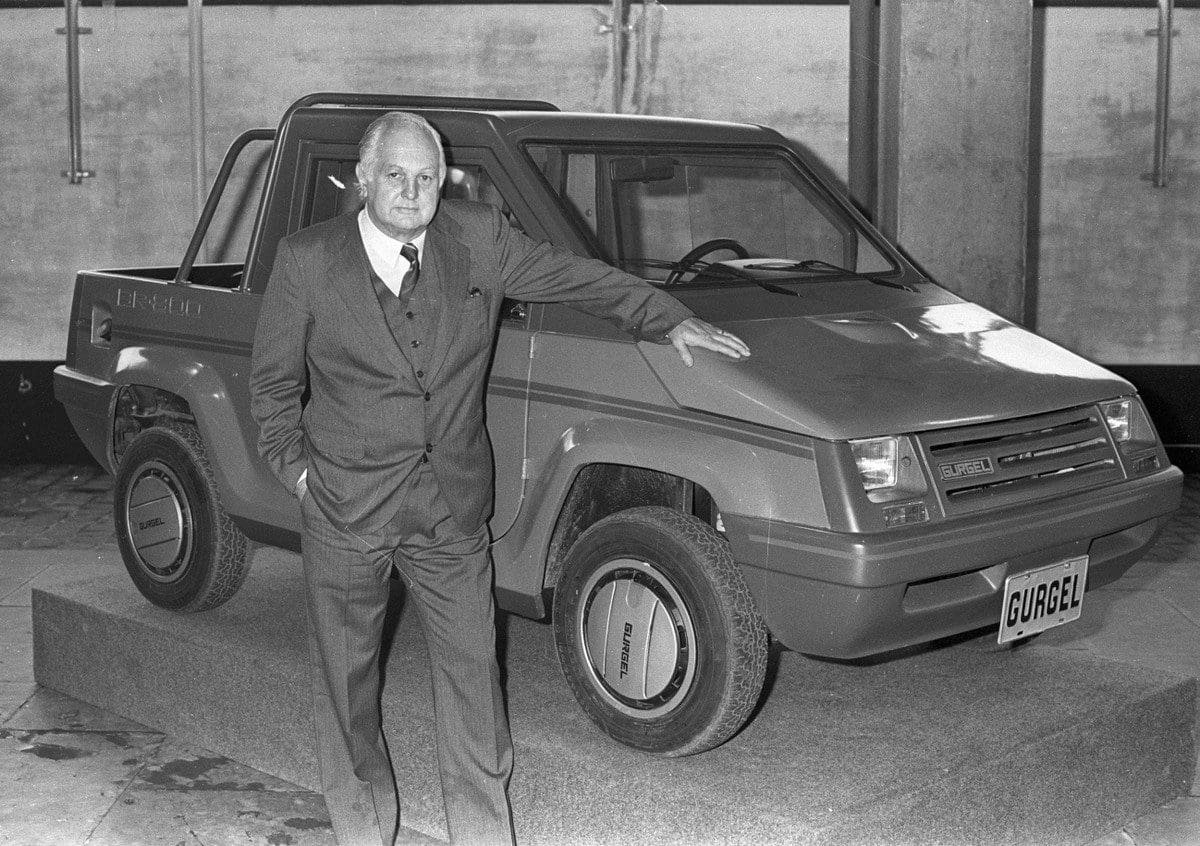
Let's not be pessimistic, but realistic. The figures released by Lecar, at least for now, are far too presumptuous, whether it's the short timeframe for the new factory to open (about a year) or the car's price. And even without presenting working prototypes, the brand already has fuel consumption and performance figures for a car that doesn't even exist. That's either too much optimism or a pipe dream.
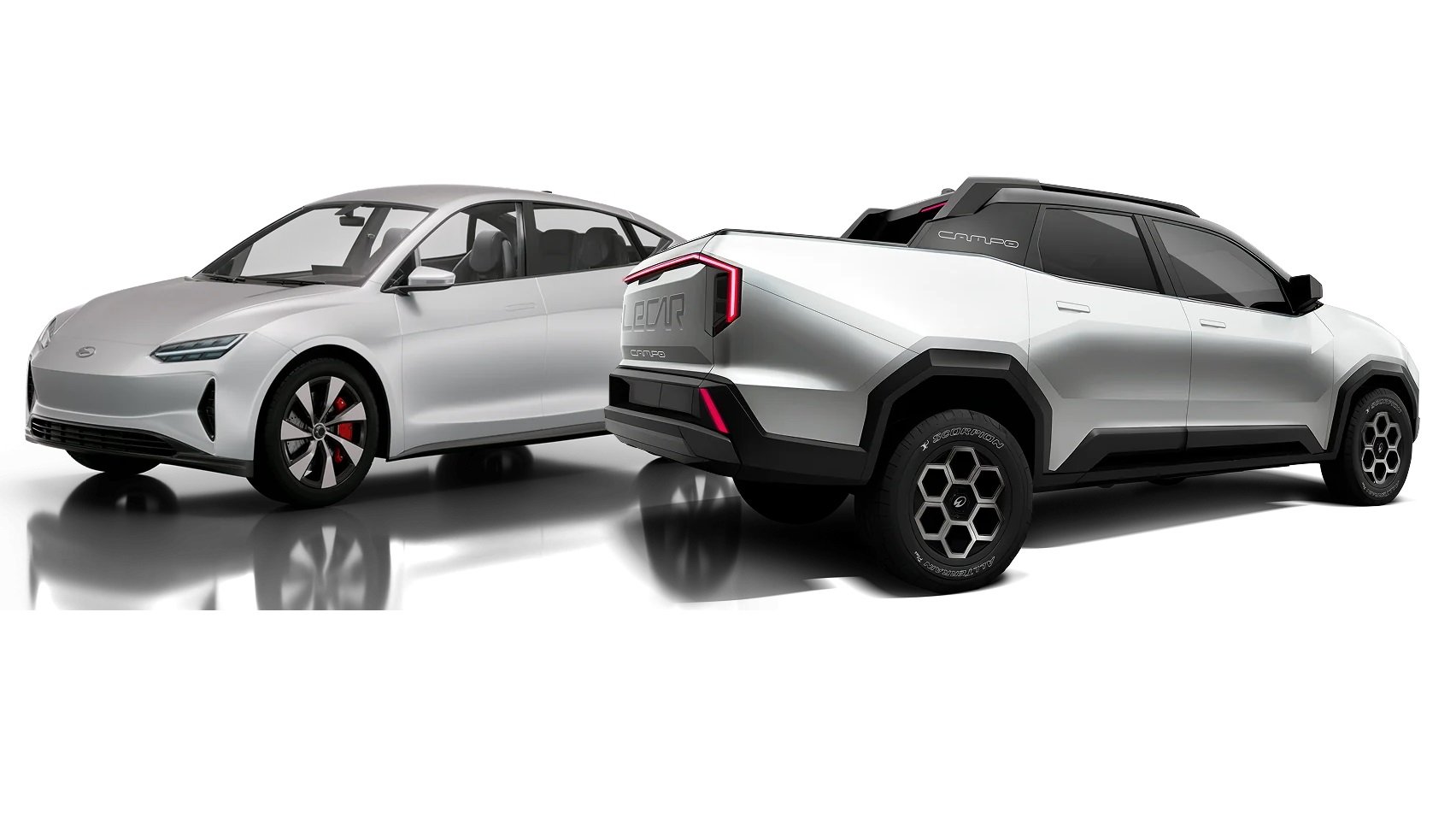
Building a car from scratch, already with exceptional performance, and then developing a factory from scratch to produce two models becomes even more complicated. All this in one year? I think it's unlikely. However, we don't know yet: Lecar may have an ace up its sleeve that we're unaware of, and, miraculously, manage to meet all its goals. We'll just have to wait and see!
IstoÉ





